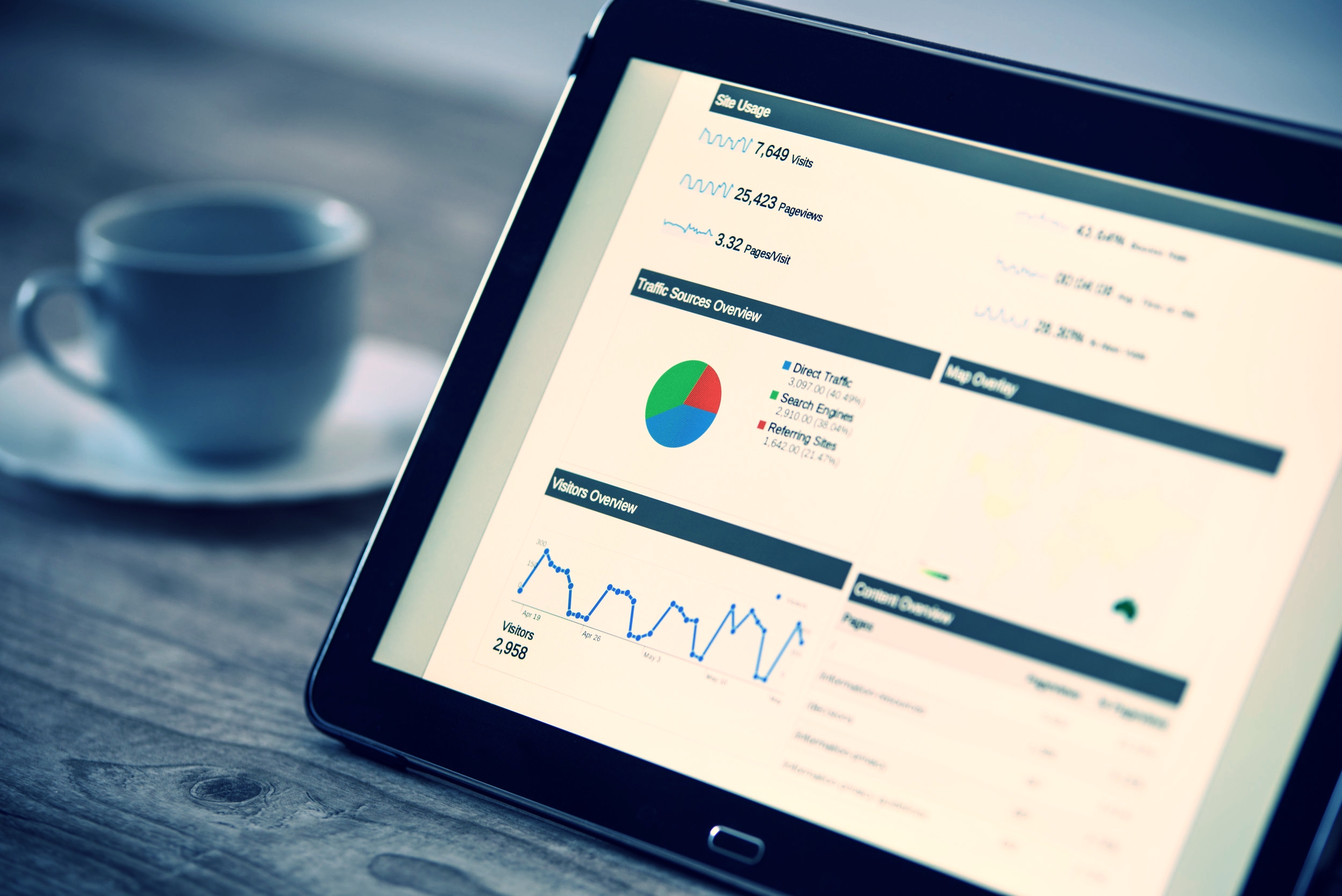Clarity That Scales
Insights for Leaders Navigating Growth
Welcome to the District Analyst blog—where data meets decision-making. This isn’t just another analytics feed. It’s a space built for leaders who are scaling fast and need sharp, strategic insight to match.
Here, we go beyond surface-level trends. Each article is designed to help you understand the metrics that matter, make more innovative moves across your funnel, and stay ahead of the curve as your business evolves.
Whether you're prepping for a raise, tightening your ops, or aligning your team around the right KPIs, we’re here to make your data work harder, faster, and smarter.

5 Steps to Getting Started With Big Data for Small Businesses
So, you must have heard something about big data. The information you received may have made it seem as though big data is only for large corporations.
Big data is large amounts of data sourced from a business’ activities. It is not normal data hence; it cannot be analyzed so directly. It is true that big data is more suited tolarge companies. However, this is because big data analytics are known to be costly and time-consuming.
Thankfully, times have changed and developments in business now make it possible for everyone to benefit from big data. As a small business owner,it is essential to take part in its great benefits. This is made possible by the application of suitable tools and techniques.
Read on to learn 5 effective steps to getting started with big data for your small business.

What is Big Data?
Big data is a term common to both large and small businesses. Almost every business owner has heard something about big data, but not all know what it really is.
Big data can be understood just as it sounds; it is data in large sizes. It is aptly defined as a large amount of data in both structured and unstructured forms. Big data is so named because it cannot be analyzed with traditional data processing methods or applications. It requires a different approach and software.

Google Analytics VS Adobe Analytics
As a digital marketer, your success in this niche depends on a lot of factors which include your tools, and resources. There are several essential digital marketing tools available to guarantee efficiency and business success. One of such vital tools is a web analytics tool. Web analytics is described as the measurement, evaluation, collection, and reporting of web data to foster the understanding and optimization of a web page. Google analytics and Adobe analytics are the most popular web analytics tools on the market.

7 Secrets You Learn From Google Analytics
When creating content for your marketing strategy, you have to be smart with how you reach your audience to get the best results. Google Analytics is a powerful data tool that you or your marketing analyst can use to take your marketing plan to the next level. In this article, we discuss eight secret Google Analytics reveals that help improve your marketing strategy.

How To Use Facebook Insights to Increase Traffic to Your Website
Using the information that Facebook Insights provides, you can hone in on what approaches work best to increase traffic to your website and ultimately make that conversion you are looking for. In this article, we are going to discuss the various functions of Facebook Insights and how we can use this information to form a proven strategy for driving organic traffic to your website.

The Power of Facebook Insights
Have you posted in the past without much engagement from your audience? You are not alone. Even if you have built up an audience for your page, they may not ever see the content that your are posting! Facebook offers a secret weapon to help inform your strategy and execute with precision: Insights.

How to Setup Google Analytics
From creating digital sales funnels to identifying customer retention tactics, Google Analytics helps you understand your website’s visitor behavior quickly and effectively. Understanding visitor behavior is key to launching new products, streamlining customer interactions, and optimizing your website for success.

What to Consider When Hiring a Data Science Team
In this article we will discuss what to consider when hiring a data engineer, a data analyst, a business intelligence developer, and a data scientist. Keep in mind that for a successful data driven organization emphasis must be placed on developing capable teams rather than individuals. A variety of background and experiences bring improved efficiency to the team.
